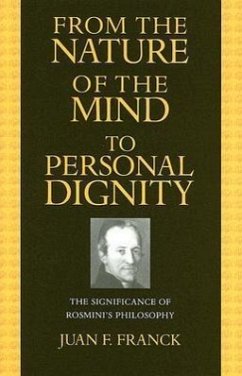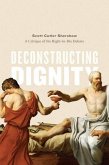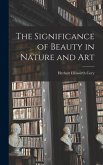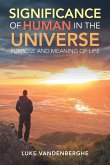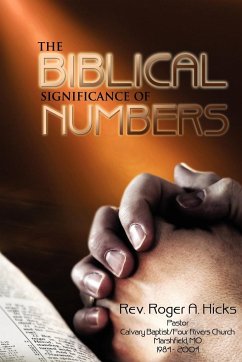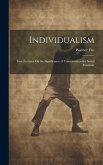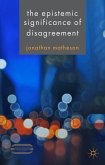This book is the first philosophical study in English devoted to Antonio Rosmini (1797-1855) for over a century. Until recently, the Italian philosopher had been either overlooked or seen as tainted with idealism. The fact that he had entertained a serious dialogue with modern thinkers, partly adopting their language and methodology, prevented many from seeing his grounds in classical metaphysics. However, the real meaning of his work is now gradually coming to light as actually one of the most important achievements of Christian thought of all times. In From the Nature of the Mind to Personal Dignity, Juan F. Franck maintains that Rosmini contributes to personalist philosophy with a well argued answer to the question of why the person possesses the highest dignity in the universe, joining the claim that man is the image of God with rational arguments alone. Although the topic was only tangential in the nineteenth century, Rosmini's works offer cogent proof of the excellence of personal beings. What Aristotle described as the light of the intellect--the lumen intellectuale for the Scholastics--is brought into play in the epistemological discussion not just to develop an innovative theory of knowledge, but also to account for the constitution of the human mind, as a foundation for ethical principles, and as the starting point of a more comprehensive ontology, where the person is given his due place. Rosmini links one subject with another, respecting at the same time each field, with a stunning example of an encyclopedic way of thinking. Philosophers aiming at renovation in continuity will also find in him a vigorous model and an unprecedented challenge.
Hinweis: Dieser Artikel kann nur an eine deutsche Lieferadresse ausgeliefert werden.
Hinweis: Dieser Artikel kann nur an eine deutsche Lieferadresse ausgeliefert werden.

